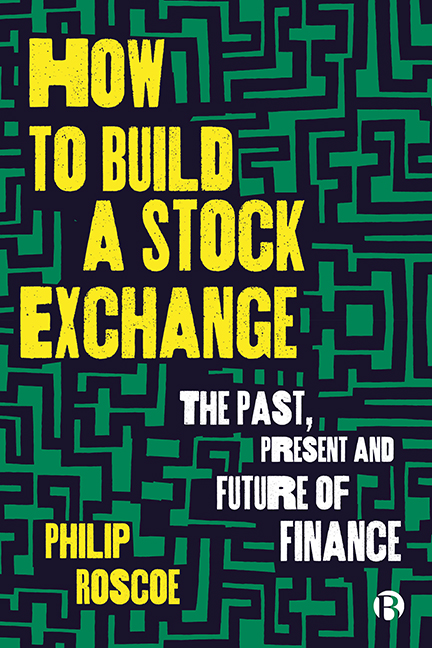3 - King William’s Overdraft
Published online by Cambridge University Press: 18 January 2024
Summary
On 6 May 2010, the day of the General Election in the UK, Prime Minister Gordon Brown was voted out of power and 13 years of ‘New Labour’ dominance in UK politics came to an end. The country, still reeling from the near collapse of the global financial system and tired of petty squabbles among the government, moved for change.
It was neither a decisive defeat for Brown, nor a victory for anyone else. David Cameron, leader of the Conservative Party, looked set to form a minority government. Stock markets seesawed with anxiety, posting big losses on the morning after the election. Markets like certainty, the pundits said, so Cameron did something else: he made Nick Clegg and the Liberal Democrats party a ‘big, open and comprehensive offer’ to share in a coalition government. Such moments matter. Political commentator John Rentoul, writing in the Independent, wonders how things might have gone differently; he sketches out an alternative story where Clegg joins forces with a Labour Party revived by new leadership. ‘If Clegg had made a different choice,’ he writes, ‘we would be living in a different country now: slightly better off, with better public services, and probably still in the EU.’ Probably. But I am not sure that Clegg could have said no.
My recollection of those moments is the extraordinary prominence given to the sentiments of the financial markets. It seemed that the force driving politicians to set up this bizarre, ideologically incompatible coalition – one that would ultimately destroy the Liberal Democrats as a third party in British politics – was not a concern to properly serve the British electorate and represent its wishes, but an overwhelming need to pacify the markets. This was certainly how it was reported during the tense days that followed the election. In The Telegraph on 9 May: ‘The Conservatives and Liberal Democrats last night sought to reassure financial markets that they are close to agreeing an economic deal that would allow David Cameron to take power.’
- Type
- Chapter
- Information
- How to Build a Stock ExchangeThe Past, Present and Future of Finance, pp. 33 - 42Publisher: Bristol University PressPrint publication year: 2023



